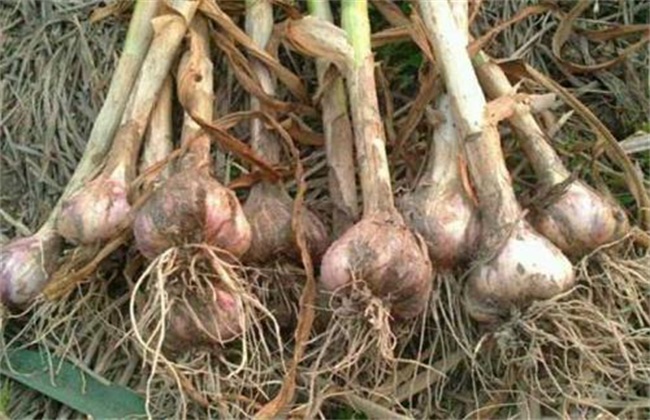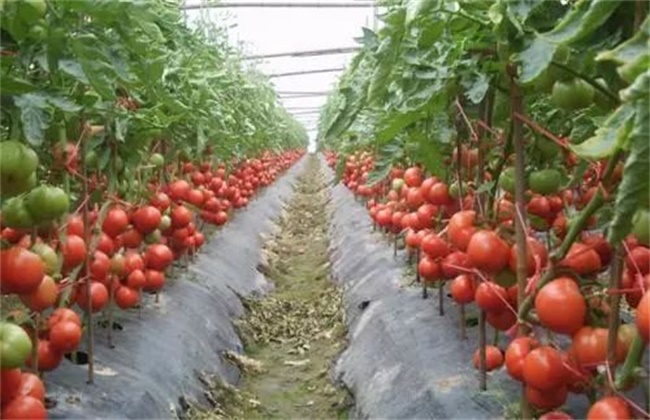Fertilizer and Water Management Technology of Tomato planting soil
Tomato cultivation is very common in China. When planting tomatoes, yield and quality must be a problem that everyone pays close attention to. If you want to improve the yield and quality of tomato, then soil fertilizer and water management is very important, which is directly related to it. So when we are growing tomatoes, how to manage the soil, fertilizer and water? Today, the editor has brought you the soil, fertilizer and water management technology for tomato planting. Let's take a look at it.

1. Soil management
When planting tomatoes, doing a good job of soil management is the basis to ensure scientific fertilization and water use. We should properly replenish organic matter and maintain soil quality. When changing stubble in winter and spring, the interval is relatively short, so we can not carry out soil management such as greenhouse. Usually, fertilization, ploughing and transplanting should be carried out after pulling seedlings from the previous crop. Then ridging cultivation, ridging cultivation can effectively improve soil permeability and achieve the purpose of cultivating strong roots. We can ensure that the organic fertilizer is fully mixed with the soil by rotary ploughing the soil. The depth of rotary tillage should be kept at about 20cm, ridging after rotary tillage, and the width and height should be kept at about 60*20cm respectively.
2. Water management
After the tomato is planted, the tomato should be planted with plastic film, and then irrigated with an appropriate amount of slow seedling water. After about a week, the second slow seedling water should be irrigated to control the amount of water. Before the tomato is topped, that is, at the seedling stage and at the flowering and fruit stage, it is watered every other week. If possible, a tensiometer can be installed to determine the water content in the soil. Then after topping, as the temperature rises, the demand for water in tomatoes will continue to rise. At this time, you should water it every five days or so. If there is a continuous cloudy day, then the evaporation of the plant will be reduced, and the watering time will be delayed and the amount of water will be reduced.
3. Fertilization management
The growth of tomato is relatively large, the amount of hanging fruit is more, and the demand for fertilizer is also relatively large. However, the fertilizer tolerance of its roots is relatively poor, so it has high nutritional conditions for the soil. Before the soil rotary tillage, an appropriate amount of calcium phosphate can be applied to supplement sufficient calcium and phosphorus for tomato plants. Then, after planting, the appropriate amount of water-soluble fertilizer was applied by drip irrigation. Before topping, it is necessary to apply fertilizer about 4 times. After topping, the fertilizer is mainly water-soluble fertilizer with high potassium formula, which is applied about five times.
Then, when entering the late growth stage of tomato, foliar fertilization can be used to supplement appropriate amount of medium and trace elements for tomato plants. There is a large demand for calcium in the growing squadron of tomatoes. If lack of calcium, it is easy to cause navel rot and fruit cracking and other adverse phenomena, resulting in a decline in production. Foliar fertilizer is mainly composed of calcium nitrate water-soluble fertilizer. In addition, we should also pay attention to the supplement of trace elements such as boron and zinc, which can promote fruit expansion and increase its yield.
The above is a brief introduction to the fertilizer and water management technology of tomato planting soil. That's all for today's introduction. This article is for reference only. I hope it can help you all.
Related
- Where is it suitable to grow horseradish in China? it is expected to see the middle altitude horseradish in Alishan.
- How to prevent tomato virus disease reasonably? (Control methods included)
- Many people like to plant towel gourd on the balcony. What are the main points of this method and management?
- What crops can chili peppers be mixed with?
- Fertilization techniques and matters needing attention in Tomato
- What are the grafting techniques for peach seedlings in spring?
- Harm and control methods of root swelling disease of Chinese cabbage
- What are the pests of sweet potatoes? How to prevent and cure it?
- Symptoms, causes and Control methods of navel Rot in Tomato
- The cause of "Cucumber rotten bibcock" in Farmers' planting Cucumber and its Control Plan



